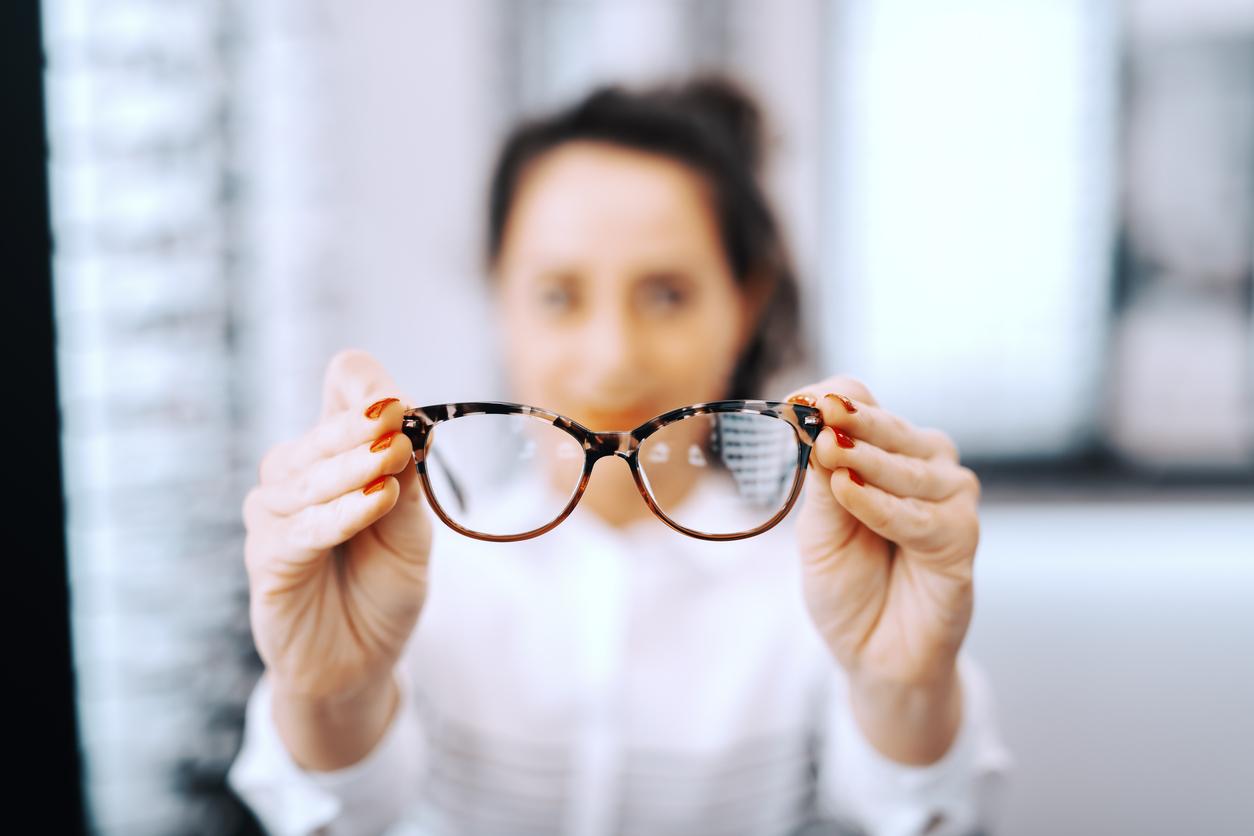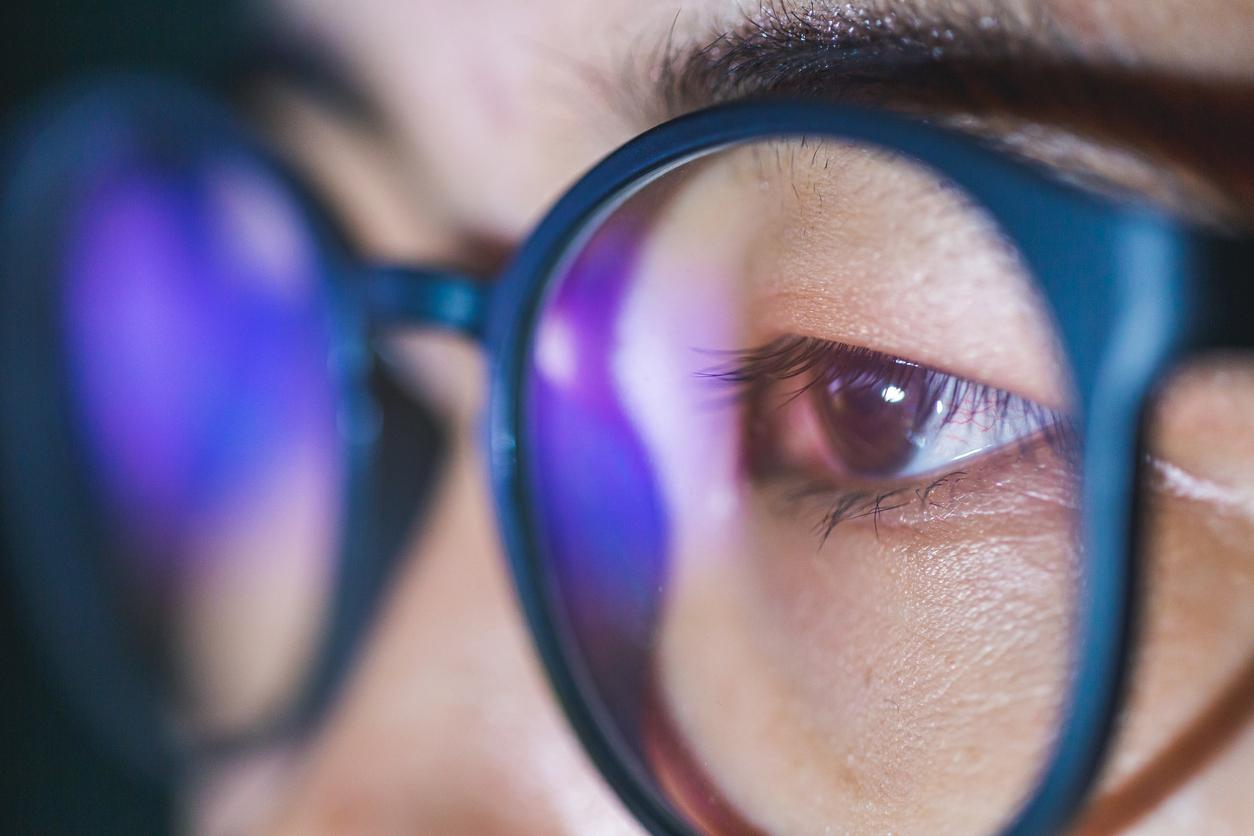“Great poverty is not only hunger, it is also disease and missed opportunities throughout life. 150 million people around the world need a pair of glasses. Many children cannot go to school for this reason. Likewise, many adults cannot work and support themselves and their families. This is what I want to change. ” It is with this plea that Martin Aufmuth, a German physics professor, presented his project One Dollar Glasses. A project that allowed him to win the first prize of the Siemens Stiftung Award, an international competition which rewards innovative technological solutions that can be implemented in developing countries.
The idea of One Dollar Glasses is very simple: to develop a pair of glasses that does not cost more than a dollar to manufacture so that they can find a place on the local market, in developing countries. . These glasses are very simple: they are composed of two very resistant polycarbonate lenses (the correction of which goes from -6 to +6 diopters) clipped on a frame made of a stainless steel wire covered with plastic with two small colored beads to customize everything. The only differences with “normal” glasses: the temples do not bend and there are no small plates on the nose.
This simplicity of manufacture makes it possible to train opticians on site, so that they can do them themselves, in less than 15 minutes, and with very little energy expenditure. The endowment of the Siemens Stiftung Award program will make it possible to invest in the machines necessary for bending glasses. These will then be sold at around $ 7 a pair so that the optician can make a living from his profession.
Originally launched in Uganda and Rwanda, the dollar glasses will now be offered in Tanzania, Burkina Faso and Bolivia.

















